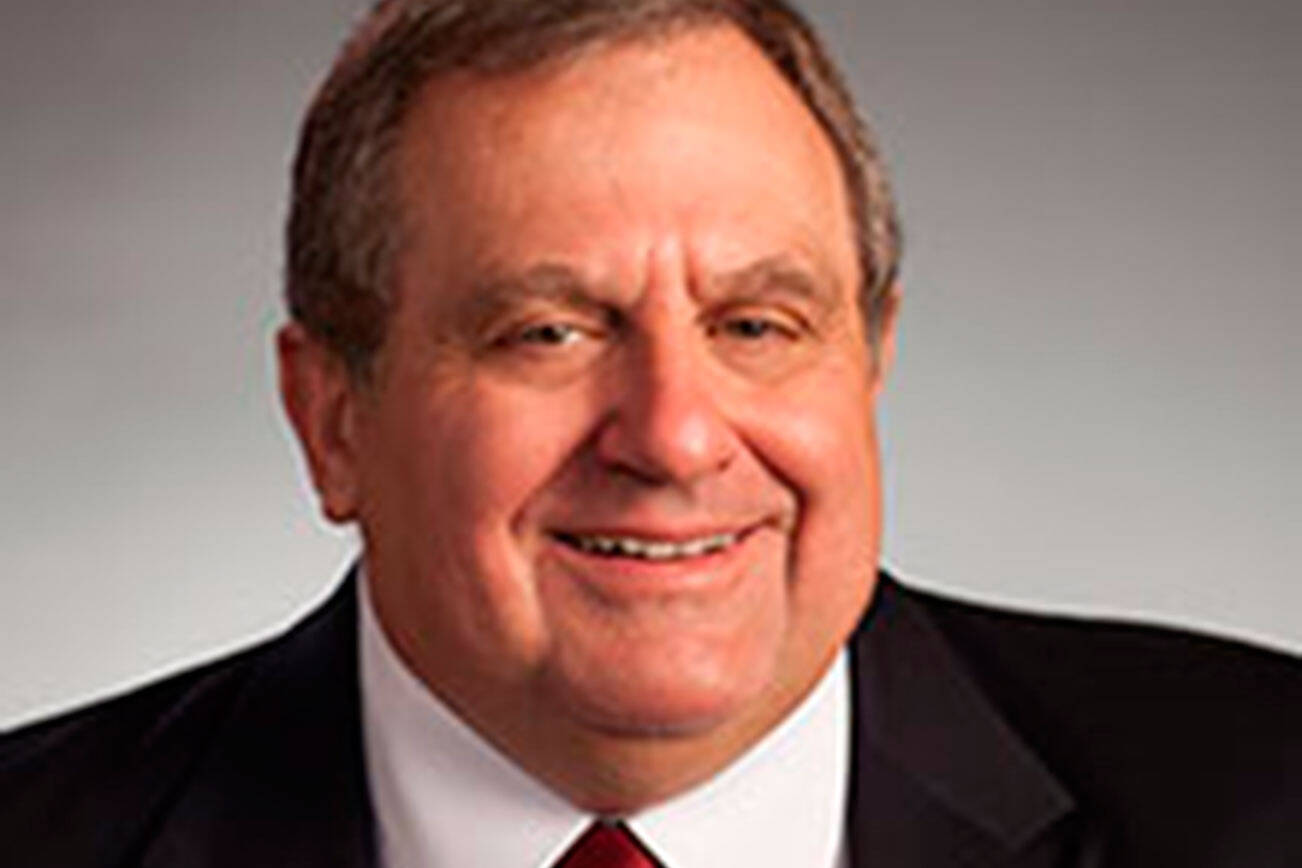Many fingers are again pointed at electric utilities because downed power lines are suspected of starting another horrific wildfire — the one that raced through Lahaina, killing hundreds of unsuspecting people.
Who would have imagined that one day, the historic Hawaiian capitol on Maui would be a thriving tourist destination and 24-hours later it would be piles of smoldering rubble and ashes which included remains of people?
Cellphone video reveals that high winds down live electric lines which ignited bone-dry grass and brush. Sparks quickly fanned deadly flames obliterating Lahaina.
It is not the first-time small towns have succumbed to fast-moving infernos and not the first-time downed power lines have been blamed.
On Nov. 30, 2021, unusually warm temperatures in Denton, a town of 300 residents in north-central Montana, ignited a fast-moving wildfire. Winds gusting up to 60 miles per hour toppled a NorthWestern Energy power line and razed the community.
Within a day the fire roared across grasslands consuming 25 homes, 18 other structures and six commercial buildings including four 100-year-old grain elevators on the edge of town, the train trestle and highway bridge. Fortunately, the town’s people escaped.
Those fires followed Northern California’s Camp Fire in November 2018, which blackened 240 square miles (153,336 acres), destroyed more than 18,000 structures, wiped out the towns of Paradise and Concow, and killed 85 people. The culprit: fully charged downed power lines.
Pacific Gas and Electric Company (PG&E), the utility company which owned the power lines, paid $13.5 billion in reparations to wildfire victims.
No doubt Hawaiian Electric, which serves 95 percent of Hawaii’s 1.4 million residents on the islands of Oahu, Maui, Hawaii, Lanai and Molokai, will be targeted with litigation. It will be expensive. Citing expected wildfire liabilities of $30 billion, PG&E filed for bankruptcy in 2019.
Since the Camp Fire, the attention of regulators has started shifting to power line safety. Electric utilities are governed by rules set by elected or appointed state and federal commissions which have rate-setting and licensing authority, operational review, and investment oversight.
In recent years, those commissions have concentrated their investment oversight on the generation of “green energy” centered on replacing nuclear, coal and natural gas generation mostly with wind and solar.
According to the Wall Street Journal, Hawaiian Electric spent less than $245,000 on wildfire-specific projects on the Maui between 2019 and 2022, after it had determined in 2019 that it had to do more to mitigate the risks posed by errant sparks.
“While there was concern for wildfire risk, politically the focus was on electricity generation,” Mina Morita, chair of the state utilities commission from 2011 to 2015, told the Journal.
“Though Hawaiian Electric’s alleged failures in the lead-up to the disaster have drawn scrutiny and criticism, it is far from the only involved entity to have possibly contributed to the calamity with its alleged negligence,” The Daily Signal reported.
While litigation may be the way to compensate victims of wildfire, attention really needs to focus on spending more of the ratepayer’s money to strengthen transmission lines, clearing brush under powerlines and around substations, more effective evacuation and creating firebreaks.
Lawsuits do not benefit those killed by wildfire. They mainly assist people in rebuilding and offsetting displacement costs.
While climate change is important, it is imperative to strengthen and secure the transmission lines, substations, and generating plants which provide our electricity.
The need for electricity is growing as we shift from gas-powered vehicles and away from natural gas to heat our homes and water.
The one lesson we are hopefully learning is our energy focus needs to broaden. It is not just about “green energy!”
Don C. Brunell is a business analyst, writer and columnist. He can be contacted at theBrunells@msn.com.


